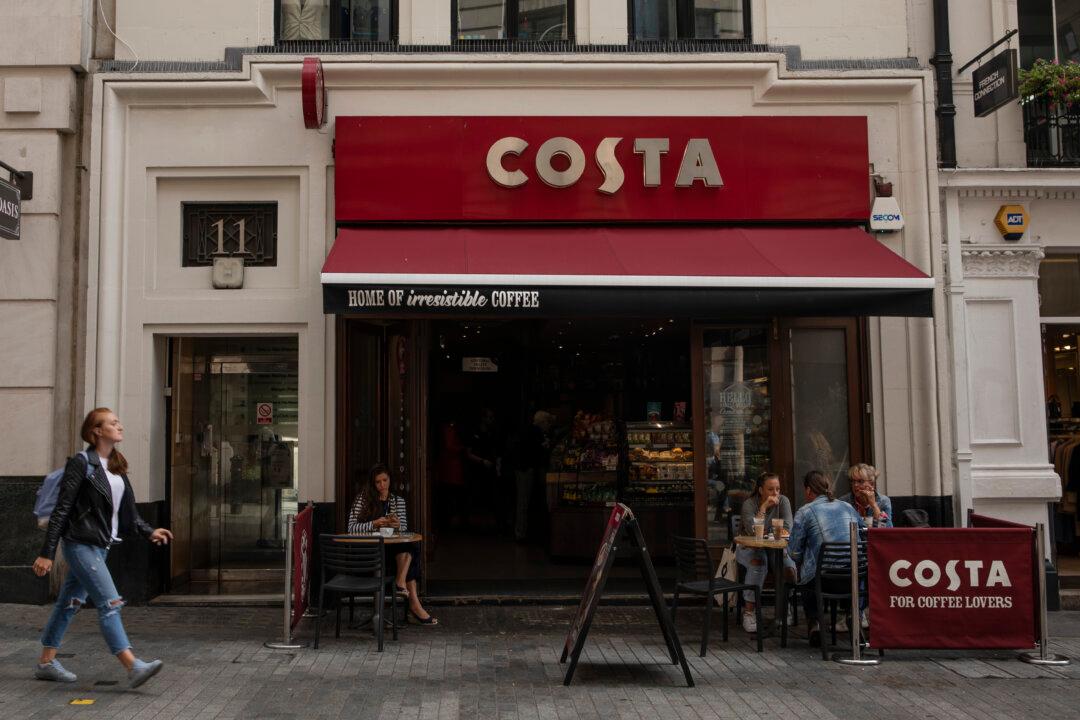LONDON—A radio advertisement for the coffee chain Costa has been banned for suggesting that customers should buy a bacon sandwich rather than avocados.
The voiceover in the ad, which was heard in late June, stated, “There’s a great deal on ripen-at-home avocados. Sure, they‘ll be hard as rock for the first 18 days, three hours and 20 minutes, then they’ll be ready to eat, for about 10 minutes. Then, they'll go off.”




